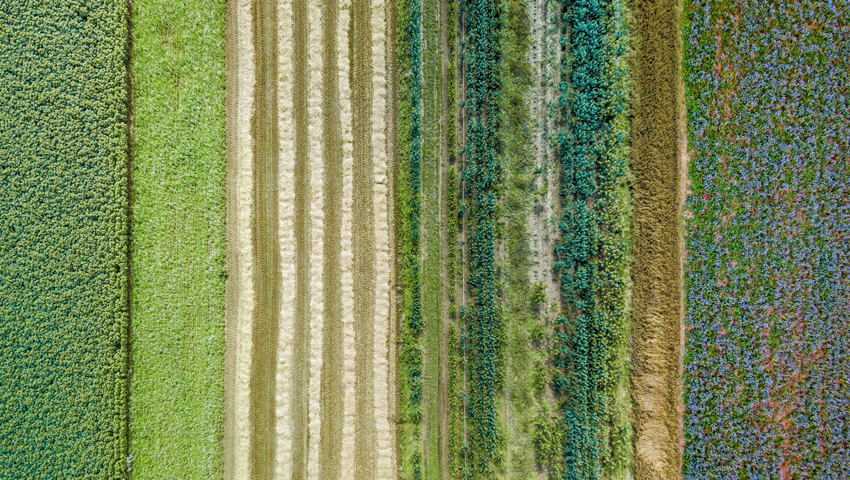AGRI-FOOD systems must be part of the solution to the loss of biodiversity and the climate crisis facing our planet, the Director-General of the Food and Agriculture Organization of the United Nations (FAO), QU Dongyu, told a meeting of G20 Agriculture Ministers.
“Despite progress, today we are facing alarming rates of biodiversity loss, jeopardising food security and nutrition, poverty eradication, prevention of natural disasters and climate change mitigation and adaptation,” Qu said in his address to a High-Level Ministerial Meeting on Sustaining Biodiversity and Ecosystem Services for Food Security, which took place in the Indian city of Hyderabad.
With nearly a billion people worldwide facing hunger in 2021, and 3.1 billion unable to afford a healthy diet in 2020, “the urgency is clear” he said.
The FAO Director-General emphasised that we need genetic diversity to adapt agri-food systems to climate change, emerging pests, pathogens and changing ecological conditions; we need species diversity for diverse foods; and we need healthy ecosystems to provide water, regulate the climate and provide resilience against disasters.
And yet, many drivers of biodiversity loss can be found in inappropriate agricultural practices.
“My message is clear: agri-food systems must be part of the solution to the biodiversity and climate crises,” Qu said.
This means promoting improved practices that can help address trade-offs, maintain ecosystems, improve land and soil quality, reduce input use, and strengthen the resilience and adaptation capacity of farming systems to extreme weather events linked to climate change, Qu said.
The inter-linkages between food security and biodiversity are recognised in the recently adopted Kunming-Montreal Global Biodiversity Framework, which sets out an ambitious pathway for a world living in harmony with nature. More than half of its 23 targets for 2030 are directly related to agri-food systems, which encompass the full food and non-food range of agricultural products, from production to consumption.
Agriculture Ministers attending the G20 were encouraged by Qu to be actively engaged in ensuring that their biodiversity commitments “are holistically implemented, considering environmental degradation, social impacts and economic opportunities for the agricultural sectors.”
FAO is already working with its Members and partners to scale up biodiversity-friendly practices in crop and livestock production, forestry, fisheries and aquaculture through its Strategy on Mainstreaming Biodiversity across Agricultural Sectors.
FAO’s support includes practical guides, tools and other normative or policy instruments for the implementation of the Ecosystem Approach to Fisheries and Aquaculture, sustainable forest management, diversification approaches, integrated pest management and agroecology.
FAO, along with the UN Environment Programme (UNEP), also co-leads the UN Decade on Ecosystem Restoration – partnering to prevent, halt, and reverse the degradation of ecosystems on every continent and in every ocean.
